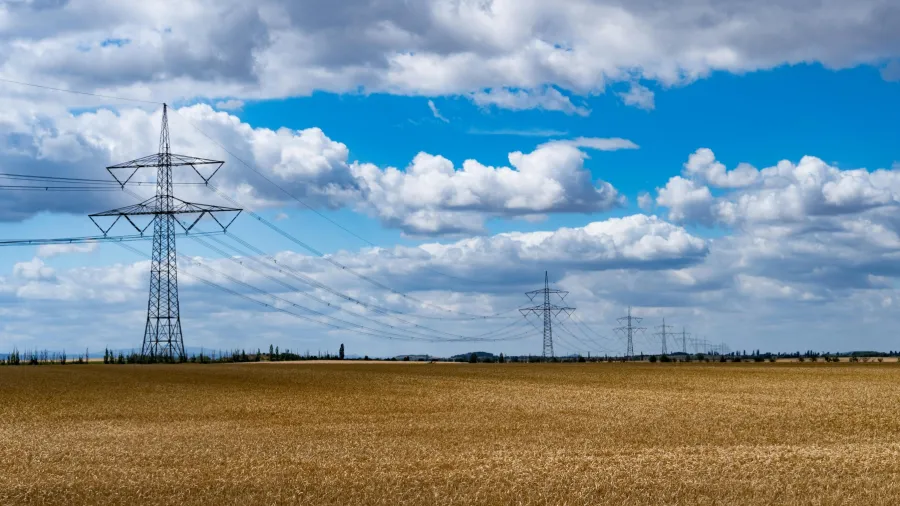
ASEAN energy demand to grow by 21% in 2024
Fossil fuel will still account for the largest share in energy consumption.
Association of Southeast Asian Nations (ASEAN) energy demand could increase by 21% this year compared to 2021 levels, with fossil fuels expected to dominate the energy sectors.
In a report, the ASEAN Centre for Energy said oil will hold the largest share in energy consumption at 45.8%.
“Sectoral analysis shows that all end-use sectors see an increase in energy consumption driven by population and economic growth,” the report said.
ALSO READ: ASEAN solar, wind capacity up 20% in 2023
The region's economy is expected to grow by 5.2%.
Whilst economic activities have reached pre-pandemic levels, the region will still face economic pressures which will affect the economic growth globally.

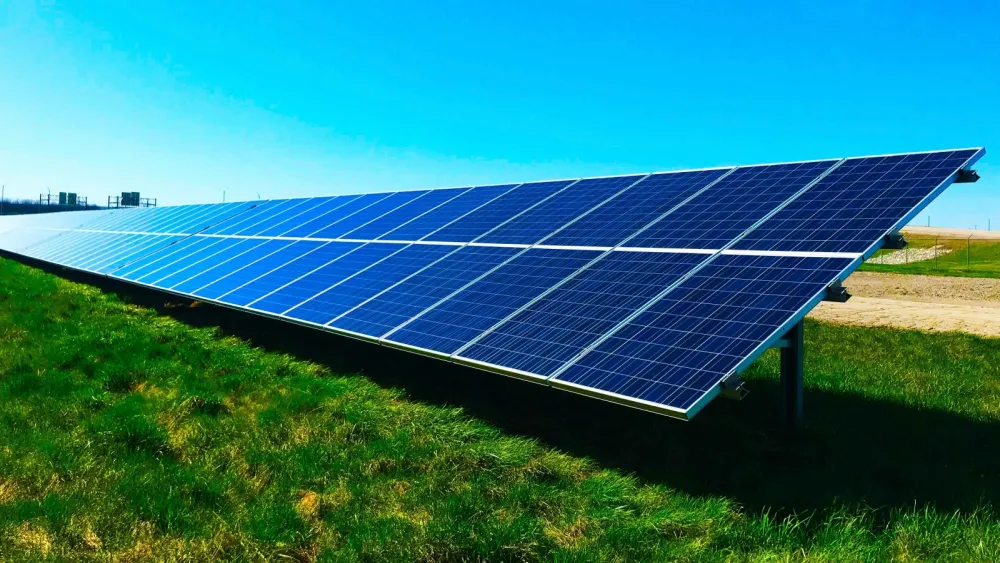
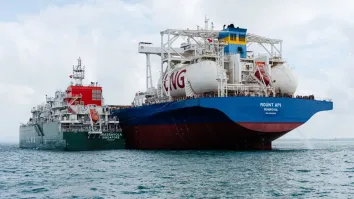

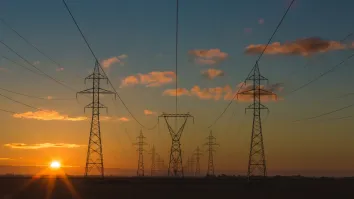
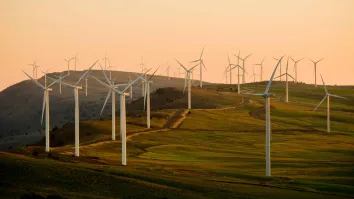













 Advertise
Advertise







